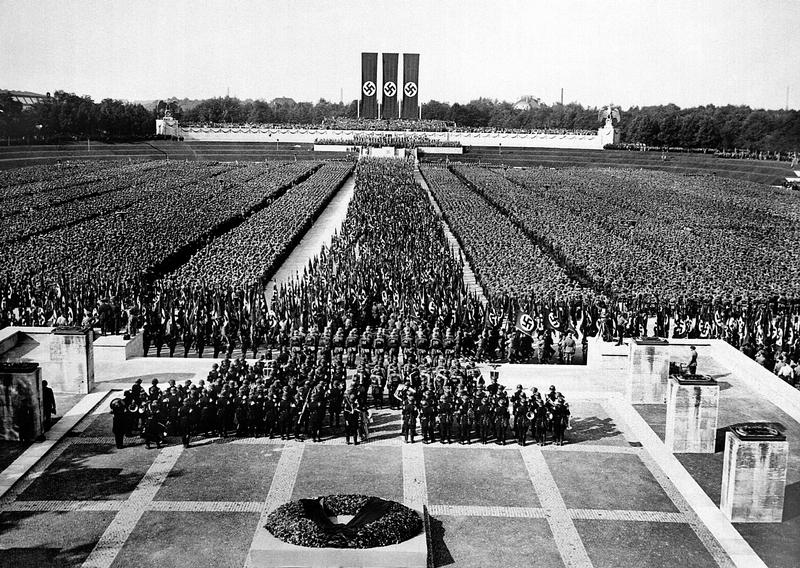Note: If you wish to receive, via e-mail, (1) my weekly newsletter or (2) daily copies of these posts, notify me at [email protected] and indicate which you would like. I promise not to share your e-mail address with anyone. To unsubscribe, send me a follow-up email.
Tuesday
I’ve just finished reading W. G. Sebald’s remarkable novel Austerlitz, and while I know this is the Christmas season, it’s nevertheless useful to have this reminder of fascism’s threat, which is always with us. The novel is about a five-year-old boy who, for no reason he can figure out, is suddenly sent to Great Britain by his loving parents and taken in by a grim Welsh couple. The shock is so great that large swatches of his previous life are erased, including the fact that he used to live in Prague. Only years later, after he has retired from a career as an art historian, does he discover that his family was Jewish and that his parents died in the Holocaust.
When he is reconstructing this history through Vera, a family friend whom he has rediscovered, he learns about his father’s first awareness of the threat. On a trip to Germany Maximilian realizes, from a piece of candy, just how deeply the Germans have internalized the fascist ideology. The candy had embedded within it
a raspberry-colored swastika that literally melted in the mouth. At the sight of these Nazi treats, Maximilian had said he suddenly realized that the Germans had wholly reorganized their production lines, from heavy industry down to the manufacturing of items such as these vulgar sweets, not because they had been ordered to do so but each of his own accord, out of enthusiasm for the national resurgence.
I share the following passage because it describes a disturbing number of Trump’s followers. Austerlitz’s father describes Hitler’s famous Nuremberg rally, which brings to mind Donald Trump descent’s down the golden escalator in 2015, where he would go on to accuse Mexico of sending rapists to the U.S. as he announced his candidacy for the presidency:
Hours before his arrival, the entire population of Nuremberg and indeed people from much further afield, crowds flocking in not just from Franconia and Bavaria but from the most remote parts of the country, Holstein and Pomerania, Silesia and the Black Forest, stood shoulder to shoulder all agog with excitement along the predetermined route, until at last, heralded by roars of acclamation, the motorcade of heavy Mercedes limousines came gliding at walking pace down the narrow alley which parted the sea of radiant uplifted faces and the arms outstretched in yearning. Maximilian had told her, said Vera, that in the middle of this crowd, which had merged into a single living organism racked by strange, convulsive contractions, he had felt like a foreign body about to be crushed and then excreted.
In other words, the Jewish Maximilian realizes that fascists regard him (to borrow from Trump’s terminology) as “vermin” and poison in the blood.
Leni Reifenstahl’s film Triumph of the Will, about Hitler’s Nuremberg rally, confirms for Maximilian “his suspicions that, out of the humiliation, from which the Germs had never recovered, they were now developing an image of themselves as a people chosen to evangelize the world.” He mentions how, like Republicans at the 2015 Iowa State Fair witnessing Trump’s helicopter, they are awed by “the Führer’s airplane descending slowly to earth through towering mountain ranges of cloud.”
The extent to which the crowds have internalized Hitler’s message become even clearer to Maximilian when
a bird’s eye view showed a city of white tents extending to the horizon, from which, as day broke the Germs emerged singly, in couples, or in small groups, forming a silent procession and pressing ever closer together as they all went in the same direction, following, so it seemed, some higher bidding, on their way to the Promised Land at last after long years in the wilderness.
The Promised Land for MAGA is a white Christian patriarchy where women, Jews, and people of color know their place. So in the spirit of the season, let’s express our gratitude for our multicultural democracy and celebrate the richness of a society conceived in liberty and dedicated to the proposition that all people are created equal.
